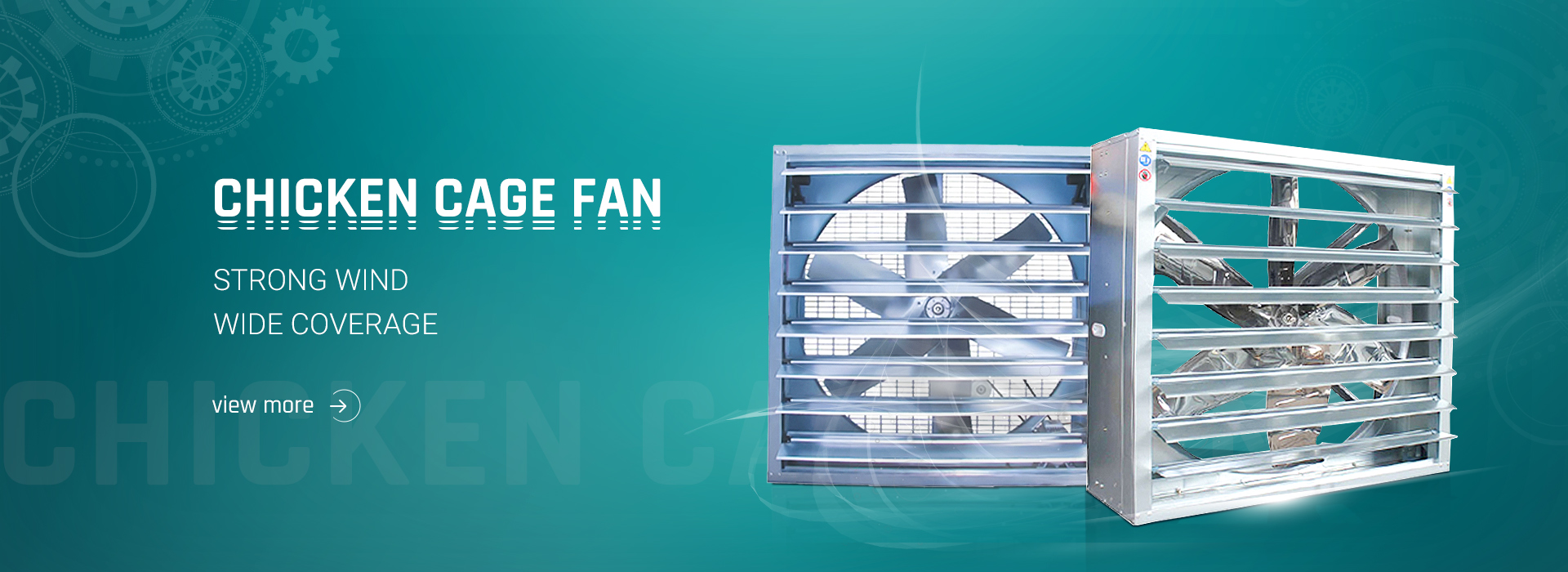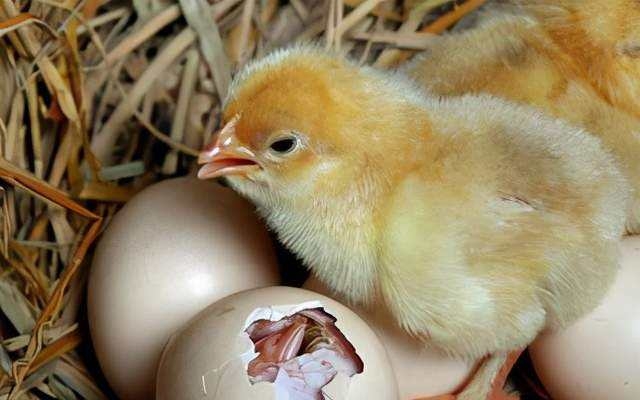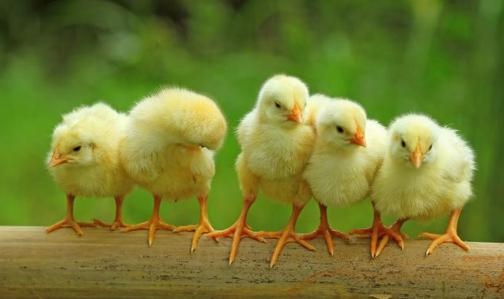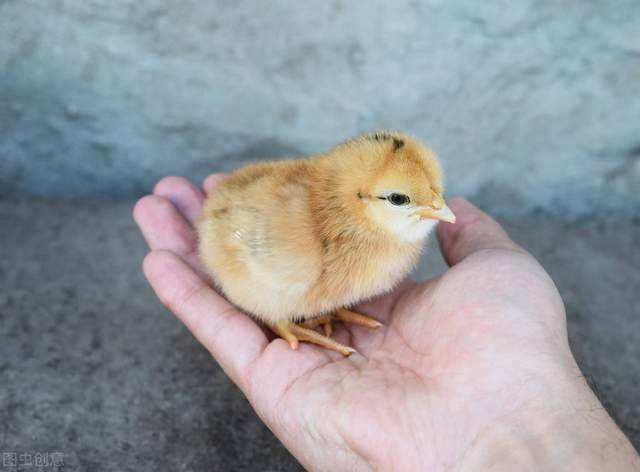(1) Cause analysis
The chicken house is dark and humid, the climate changes suddenly, and the temperature difference changes greatly. Eating frozen feed and drinking ice ballast water will cause the chicken body to be affected by cold stimulation locally or the whole body.
(2) Clinical symptoms
The disease mostly occurs in chickens. Sick chickens are depressed, runny nose, redness of the conjunctiva, tearing, sneezing, difficulty breathing, and sometimes coughing. Loss of appetite or abolition, slow movement, bowed head and closed eyes, unkempt feathers. The chicks are weak, their growth and development are stagnant, and the egg production of adult chickens is reduced.
(3) Prevention and control measures
It is necessary to strengthen the feeding and management of chicken flocks. The chicken house should be hygienic, clean and insulated, and the temperature in the house should be basically constant to prevent sudden cold and hot, and the house temperature should be raised first when ventilating. The stocking density should be appropriate to prevent crowding, and it is forbidden to feed water and material with ice ballast.
The diseased chickens should be treated in time, oxytetracycline or tetracycline, 8-30 mg per chick within 60 days of age, mixed in the feed in 3 times and fed continuously for 3-5 days; sulfamethyl can also be used Pyrimidine or sulfamethazine, mix in 0.2% of the feed amount, double it for the first time, and add the same amount of baking soda, and feed it continuously for 3 to 5 days.
Details
For inexperienced farmers, the topic of preventing chickens from getting sick is a topic of great concern to them, because it is difficult to work in the brooding stage. If the chickens are not careful, it will affect the breeding efficiency. Here’s how to prevent chickens from getting sick.
1. Feeding of chicks
The opening of the index of the chicks refers to the first feeding of feed 24 to 36 hours after hatching. Feeding requirements:
1. The feed should be fresh, with moderate particles, suitable for chickens to eat, rich in nutrients and easy to digest (broken rice, broken buds and millet grains can be used as starter feed for chickens, or use full-price compound feed);
2. Spread the starter feed evenly (the tray is laid flat on the ground or on the net), and appropriately increase the light;
3. Add more frequently and less frequently, keep the feeding time at about 15 minutes each time, feed 4-6 times a day, and prolong the last feeding time every day to ensure fullness.
The chicks should drink water for the first time within 12 to 24 hours after hatching. Water requirements:
1. Clean and hygienic, sufficient supply, but not wasteful;
2. You can drink with 0.01% potassium permanganate water or sugar water.
3. Grouping
Generally speaking, chickens should be grouped one week after dewarming and seedling, and chickens grouped later will cause serious pecking addiction.
4. Cut off the beak
When the chickens are about 30 days old, the chicks are decapitated to prevent mutual pecking or self-pecking.
5. Environmental requirements
1. Temperature and humidity: Due to the low body temperature of the chicks in the brooding stage, the temperature of the chicks should be kept between 33 and 35 in the first week after hatching, and then dropped by 1 to 2 degrees every week until it is basically the same as the outside temperature; the humidity in the first 10 days Keep it at 60%~65%, then keep it at 55%~60%.
2. Density: If the density is too high, it is easy to cause chicken diseases. The chicken house needs a 60-70 square yard for breeding 1,000 chickens.
3. Lighting and ventilation: The chicks are guaranteed to receive 23 hours of light per day from 1 to 3 days of age to help the chicks drink water and forage. From 4 days to 20 weeks of age, the light is 8 to 9 hours a day, and the light color is red or incandescent light; keep warm Under the premise of work, ventilate the chicken house.
6. Hygiene prevention
1. The chicks have poor disease resistance, and their body development is not perfect. It is necessary to ensure the sanitation of the environment, clean them in time, and keep the house ventilated and dry, and not too humid;
2. Regularly (every 10 to 15 days) fully disinfect the brooding site, feed trough and other utensils;
3. The chickens can be vaccinated by intranasal and drinking water (Newcastle disease vaccine) before and after the 7th and 27th days of age.
In the chick stage, it is easy to be infected with chicken diseases due to viruses, bacteria or other environmental reasons, and the morbidity and mortality are relatively high. At this stage, “Kaikoule” can be used as an open medicine for chickens to prevent chickens from pullorum, Escherichia coli, chicken enteritis and other diseases. occur.
After reading these detailed methods, do you have a clear idea of how to prevent chickens from getting sick? Chicken farming is a step-by-step process. From the chick stage, a sufficient knowledge reserve and a series of preparations can be made to raise healthy chickens!
Post time: Jan-08-2022






